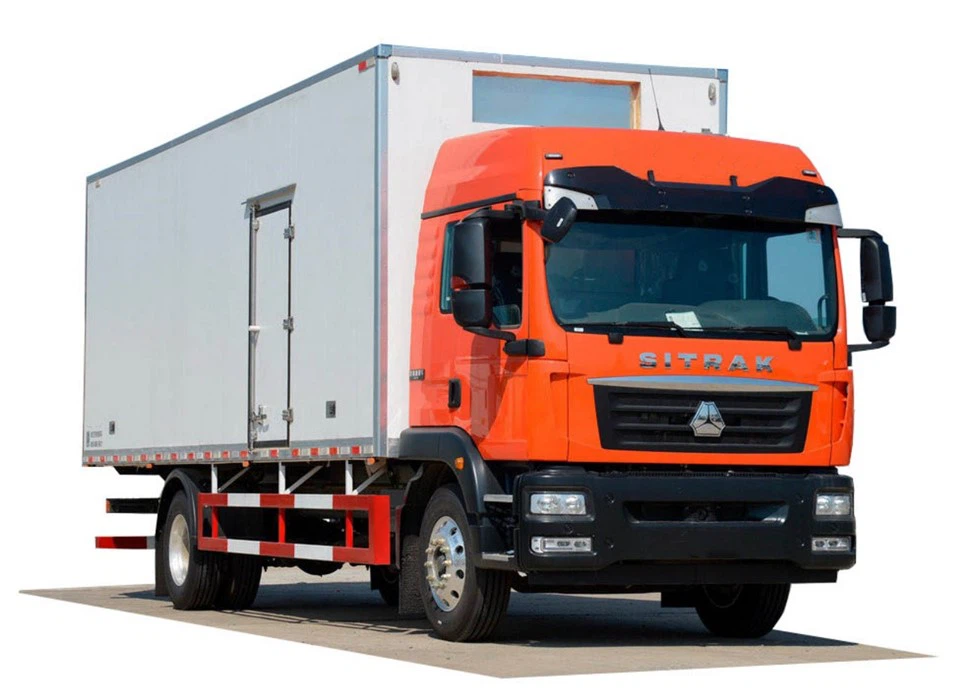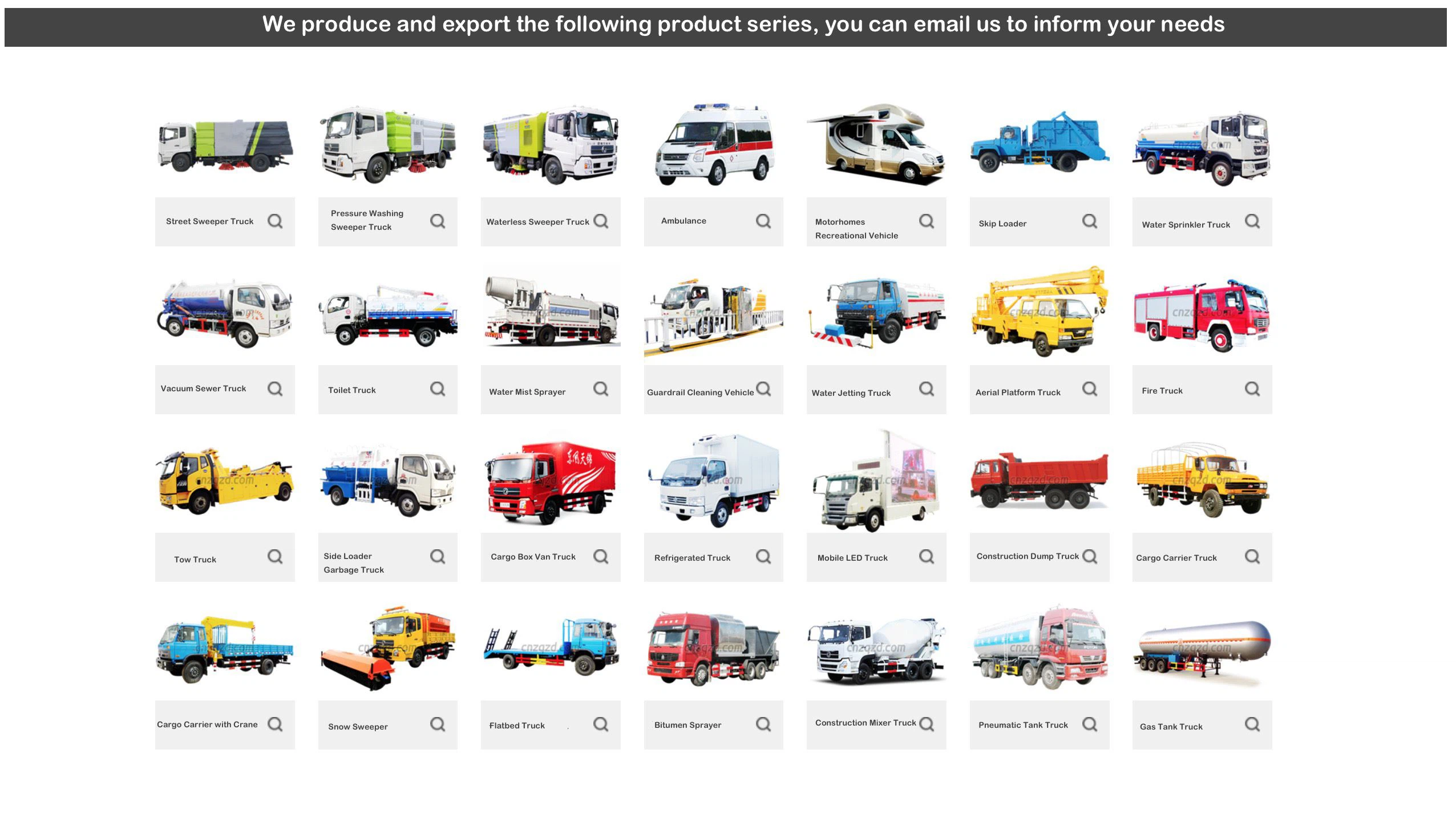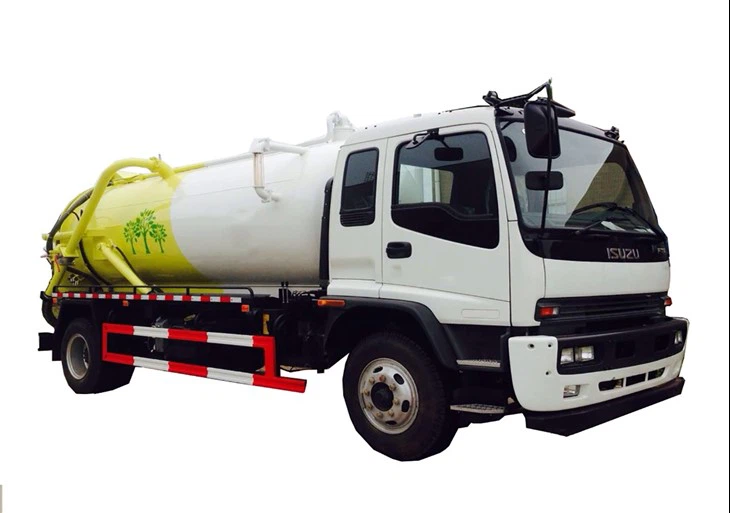Dubai Sewage Trucks: An In-Depth Guide to Waste Management in the Emirates

Dubai, a dazzling hub of innovation and luxury, has an efficient waste management system that ensures cleanliness and hygiene. One of the key components of this infrastructure is sewage trucks. These vehicles play a crucial role in the city’s efforts to manage sewage and wastewater effectively, contributing to the health and aesthetic appeal of the urban landscape. In this article, we will explore everything you need to know about Dubai’s sewage trucks, including their types, operation, regulation, and impact on the environment.
Understanding Dubai’s Waste Management System
Before discussing sewage trucks specifically, it’s important to understand the broader waste management system in Dubai.
The Importance of Waste Management
Waste management is essential for urban health and environmental sustainability. As Dubai’s population continues to grow, effective waste management solutions become more critical. Sewage trucks are an integral part of this system, playing a vital role in transporting wastewater and maintaining public sanitation.
Types of Waste in Dubai
Dubai generates various types of waste, including municipal solid waste, organic waste, bulky waste, and hazardous waste. Sewage is classified as wastewater, which requires specialized handling and treatment.
What Are Sewage Trucks?
Sewage trucks are specialized vehicles designed to collect, transport, and dispose of sewage and wastewater. In Dubai, these trucks are equipped with advanced technologies to ensure efficient and hygienic operations.
Features of Sewage Trucks
- Tank Capacity: Most sewage trucks in Dubai have tanks ranging from 3,000 to 10,000 liters, depending on their size and design.
- Pumping Mechanism: Equipped with powerful pumps, these vehicles can efficiently suck up sewage from various sources.
- Filtration Systems: Many modern sewage trucks come with filtration systems to reduce foul odors and contaminants during transportation.
- Air Tight Seals: To prevent leaks, sewage trucks are built with air-tight seals that keep waste contained.
The Types of Sewage Trucks Used in Dubai
Different types of sewage trucks are utilized in Dubai based on their specific functions and operations.

Vacuum Trucks
Vacuum trucks are the most commonly used sewage trucks in Dubai. They use suction power to extract wastewater from tanks, pits, or sewer lines.
Cesspool Trucks
Cesspool trucks are specifically designed for homes without a direct connection to the sewage system. They collect waste from residential cesspools and transport it to treatment facilities.
Combination Trucks
These trucks combine vacuum capabilities with high-pressure water jets for cleaning and unclogging sewer lines.
Operational Procedures of Sewage Trucks in Dubai
The operation of sewage trucks in Dubai involves several critical steps to ensure efficiency and compliance with safety regulations.
Collection of Sewage
Sewage collection typically occurs at designated pick-up points, including residential areas, commercial establishments, and treatment plants. Trained personnel operate the trucks, ensuring all safety protocols are followed during the collection process.
Transportation
After collection, the sewage trucks transport the waste to treatment facilities. The routes are planned to minimize disruption to the public and avoid congested areas.
Disposal and Treatment
Upon arrival at the treatment facility, sewage undergoes processes such as screening, sedimentation, and biological treatment before being released back into the environment or reused for irrigation and other purposes.

Common Treatment Facilities in Dubai
| Facility Name | Location | Capacity (L/day) |
|---|---|---|
| Al Awir Treatment Plant | Al Awir | 500,000 |
| Jebel Ali Treatment Plant | Jebel Ali | 1,500,000 |
Regulations Governing Sewage Trucks in Dubai
Dubai has stringent regulations that govern the operation of sewage trucks to ensure public health and environmental protection.
Licensing and Registration
All sewage trucks must be licensed and registered with the relevant authorities. This includes inspections and compliance with safety standards.
Health and Safety Standards
Operators must adhere to health and safety protocols, including wearing protective gear and handling waste discreetly to minimize health risks.
Environmental Impact Regulations
Dubai’s municipalities enforce environmental protection laws that sewage trucks must comply with to mitigate the environmental impact of waste management operations.
Challenges Faced by Sewage Trucks in Dubai

While Dubai’s sewage truck operations are organized, several challenges persist.
Infrastructure Limitations
Dubai’s rapid growth can sometimes outpace the existing sewage infrastructure, leading to difficulties in waste collection and transportation.
Public Awareness and Education
There is a need for greater public awareness regarding the importance of proper sewage disposal and the role of sewage trucks.
Technological Upgrades
As technology evolves, sewage trucks must be continuously upgraded to maintain efficiency and environmental compliance.
Practical Examples and Tips for Residents
Residents can play a significant role in supporting the sewage management system in Dubai.
Proper Waste Disposal
Residents should refrain from disposing of non-biodegradable materials in flush toilets, as this can lead to blockages and increased operational costs for sewage trucks.
Reporting Issues
If you notice issues like overflowing sewage or blocked drains, report them to local authorities immediately to ensure prompt action.
Participate in Community Awareness Programs
Many local organizations run community programs focused on waste disposal and environmental protection. Participation can enhance community knowledge and efficiency in waste management.
The Future of Sewage Management in Dubai
Dubai’s commitment to sustainability is driving innovations in sewage management.
The Role of Technology
As smart city initiatives gain traction, technologies like IoT and AI are poised to optimize sewage truck routes and improve waste tracking.
Expanding Treatment Facilities
To meet growing demand, Dubai is expanding its treatment facilities to increase capacity and efficiency in waste processing.
FAQ Section
What types of waste do sewage trucks in Dubai collect?
Sewage trucks in Dubai primarily collect wastewater from residential and commercial establishments, including sewage, greywater, and sludge from treatment facilities.
How frequently are sewage trucks operated in Dubai?
The operation frequency of sewage trucks depends on various factors including location and volume of waste generated, but typically, they operate daily in urban areas.
Are sewage trucks regulated in Dubai?
Yes, sewage trucks in Dubai are strictly regulated through licensing, environmental, and health and safety standards enforced by municipal authorities.
How can residents help improve waste disposal in Dubai?
Residents can help by disposing of waste properly, avoiding flushing inappropriate items, and reporting any sewer-related issues to local authorities.
What advancements are being made in sewage truck technology?
Advancements include improved pumping mechanisms, filtration systems, and the integration of IoT for route optimization and operational efficiency.
What happens to sewage after it is collected by trucks?
After collection, sewage is transported to treatment facilities, where it undergoes processes like screening, sedimentation, and biological treatment before being safely discharged or reused.
